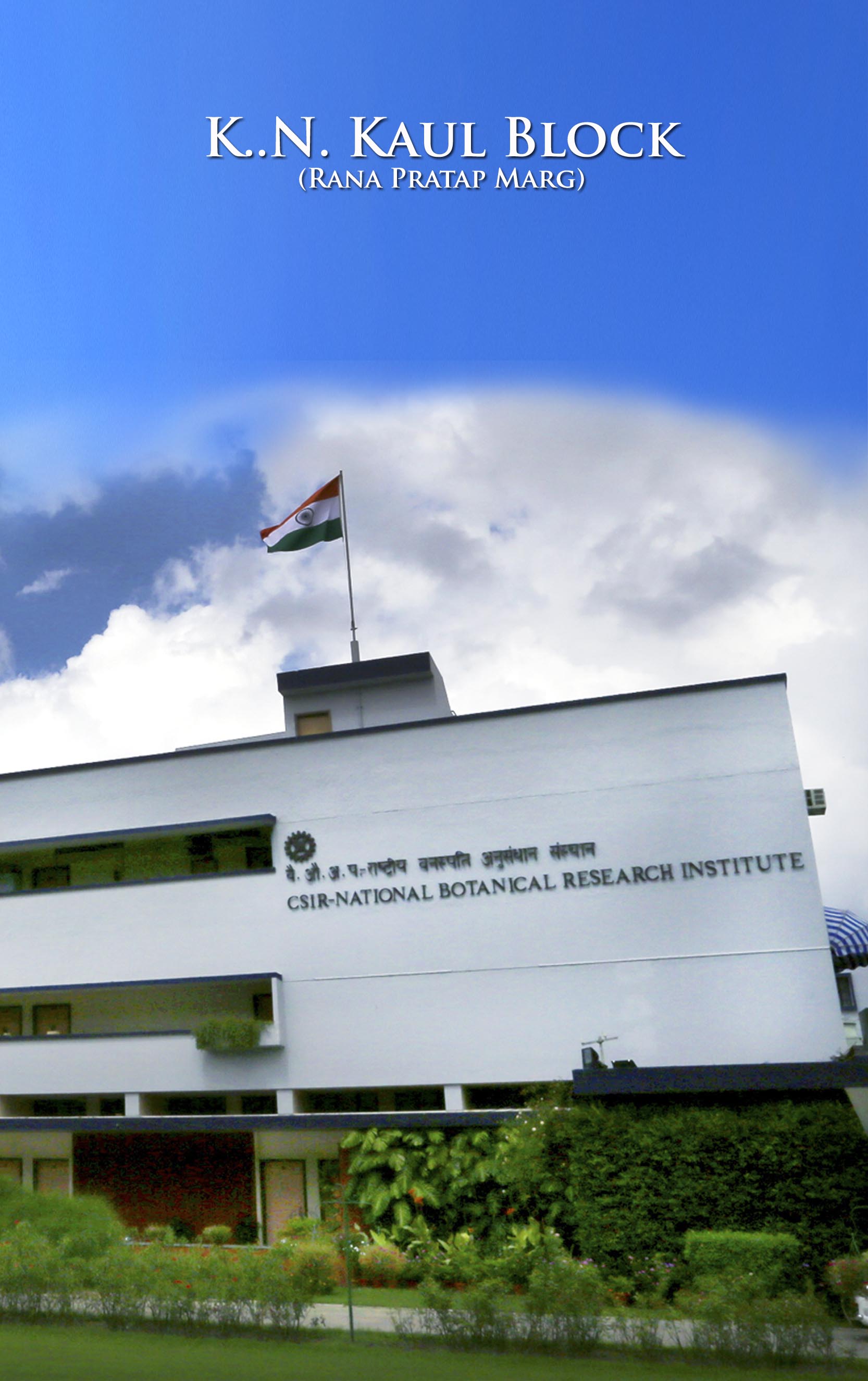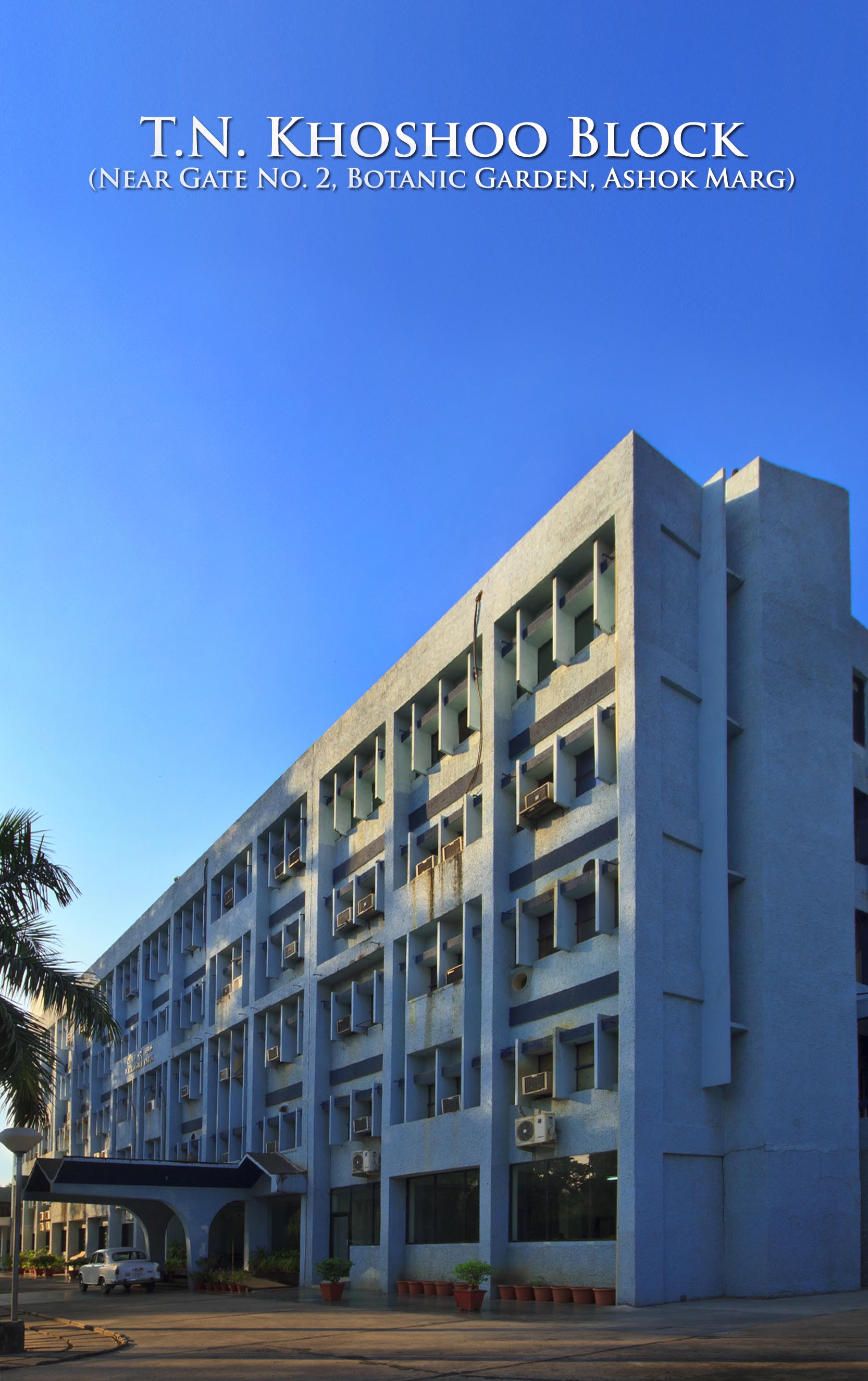

Plant development and stress response are complex processes and regulated by a number of components/mechanisms in a highly coordinated manner at biochemical and molecular levels. Modulation in these processes lead to change in yield, nutritional value and stress response in crops. In past, genetically modified plants have been developed and also cultivated in few countries with great promise in terms of improving crop productivity and benefits to the farmers. In spite of field success, large-scale adoption of these genetically modified plants has been limited globally due to the concerns related to the safety in deployment of trans-genes and regulatory concerns. Recently developed genome-editing has shown greater acceptability as compared to transgenic approach. It has been shown that genome-editing through CRISPR/Cas9 can be used to divert metabolite flux in the pathways, which is required to provide tolerance to plants, as well as enhanced nutrition to human being. CSIR-NBRI has started a Niche Creating Project (NCP) entitled “Genome-editing for enhanced yield and quality traits (GE-plant)” with aim to develop plant varieties with improved yield and nutritionthrough genome-editing. This project has been formulated based on leads obtained in 12th FYP project and expertise developed by the group. The project aims to use CRISPR/Cas9 technologies to develop improved tomato, cotton, chickpea, rice and Brassica. The mail objectives of the project are:
